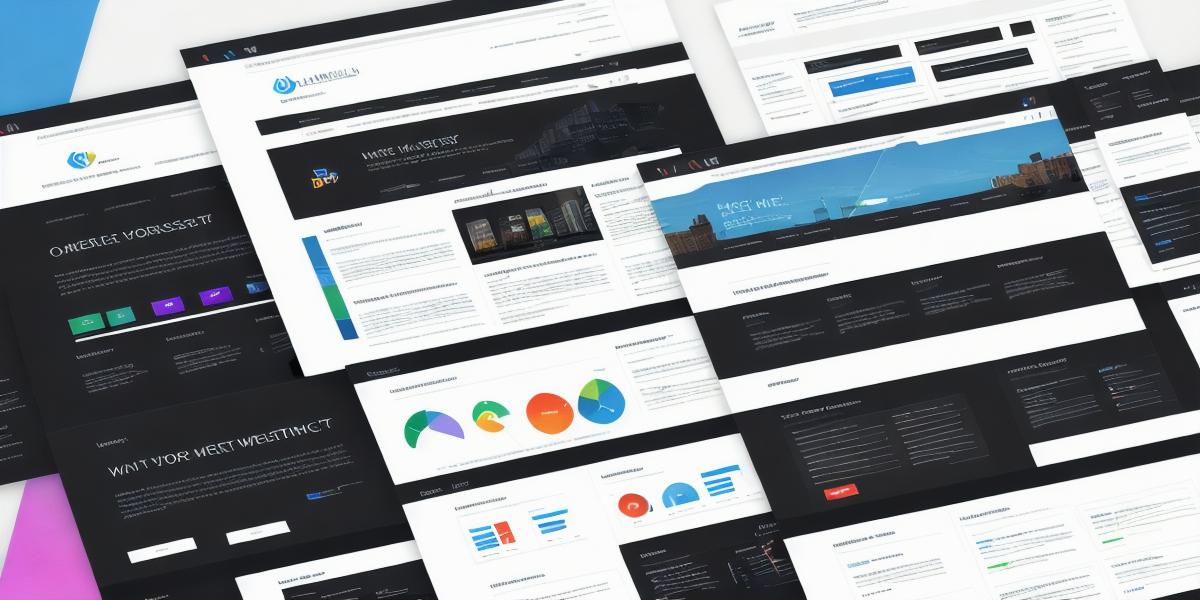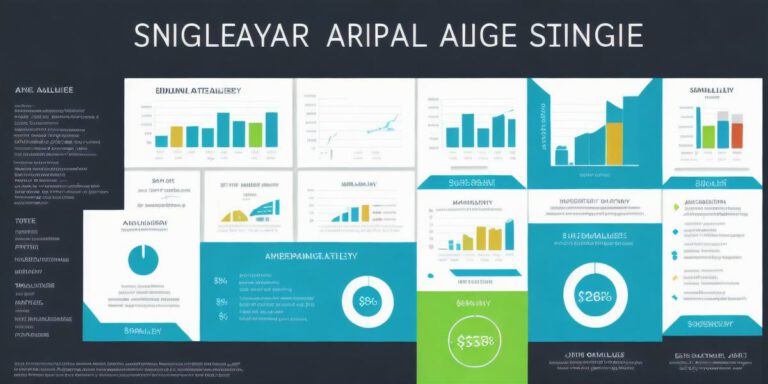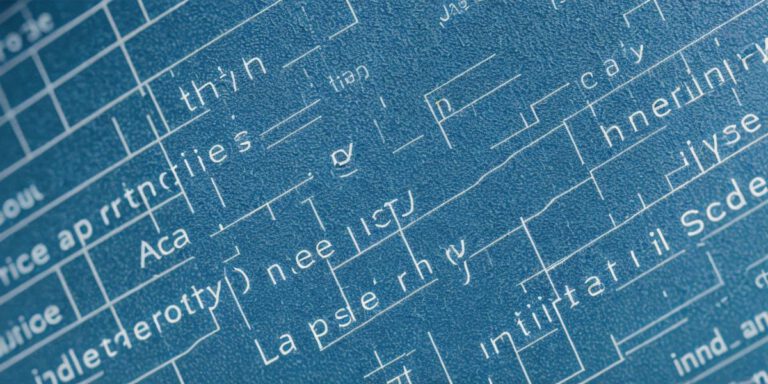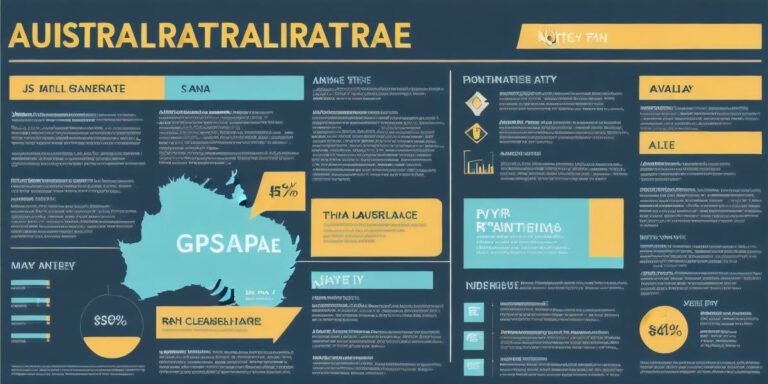Introduction:
Are you a small business owner or entrepreneur looking to create your own website? You’re not alone! With the rise of digital marketing and e-commerce, having a website has become essential for any business that wants to thrive online. However, with so many web design options available, it can be overwhelming to determine the best option for your needs and budget. In this guide, we will explore the different costs associated with creating your own website, as well as the pros and cons of each option.
Option 1: DIY Website Builders
If you have little to no web design experience, a DIY website builder might be the best option for you. These platforms allow you to create a professional-looking website using pre-designed templates and drag-and-drop features. Some popular DIY website builders include Wix, Squarespace, and Weebly.
Pros:
- Easy to use
- Affordable pricing options
- No coding required
Cons:
- Limited customization options
- Restricted design choices
- Slow loading times on mobile devices
Option 2: Custom Website Design
If you have a unique business or brand, a custom website design might be the best option for you. With this option, you will work with a professional web designer to create a one-of-a-kind website that reflects your brand and meets your specific needs. While this option can be more expensive, it will provide you with greater control over your website’s design and functionality.
Pros:
- Unlimited customization options
- High-quality design and functionality
- Enhanced user experience
Cons:
- More expensive than DIY options
- Requires a significant investment of time and resources
- Risk of delays or miscommunications with the web designer
Option 3: Hiring Freelance Web Developers
If you have some technical expertise and want more control over your website’s design and functionality, hiring freelance web developers might be the best option for you. This option will allow you to work directly with individual web developers to create a custom website that meets your specific needs. However, it’s important to note that this option can be more expensive and time-consuming than DIY or custom options.
Pros:
- Greater control over website design and functionality
- Ability to work directly with individual web developers
- Customized website tailored to your specific needs
Cons:
- More expensive than DIY or custom options
- Requires a significant investment of time and resources
- Risk of delays or miscommunications with the web developer
Option 4: Content Management Systems (CMS)
Content management systems, such as WordPress and Drupal, allow you to create a website without needing any coding experience. With these platforms, you can choose from thousands of pre-designed templates and plugins to create a professional-looking website on your own. While this option is more affordable than custom web design, it still requires some technical expertise and ongoing maintenance.
Pros:
- Affordable pricing options
- Wide variety of templates and plugins available
- Easily customizable with minimal coding experience
Cons:
- Requires ongoing maintenance to ensure website functionality and security
- Limited control over website design and functionality
- Risk of website vulnerability to hacking or malware attacks
Conclusion:
Creating your own website can be an exciting and rewarding process, but it’s important to carefully consider the different options available. By weighing the pros and cons of each option, you can determine which one is best suited for your business needs and budget. With a well-designed website, you’ll be able to attract more customers, generate more revenue, and grow your business online.







+ There are no comments
Add yours